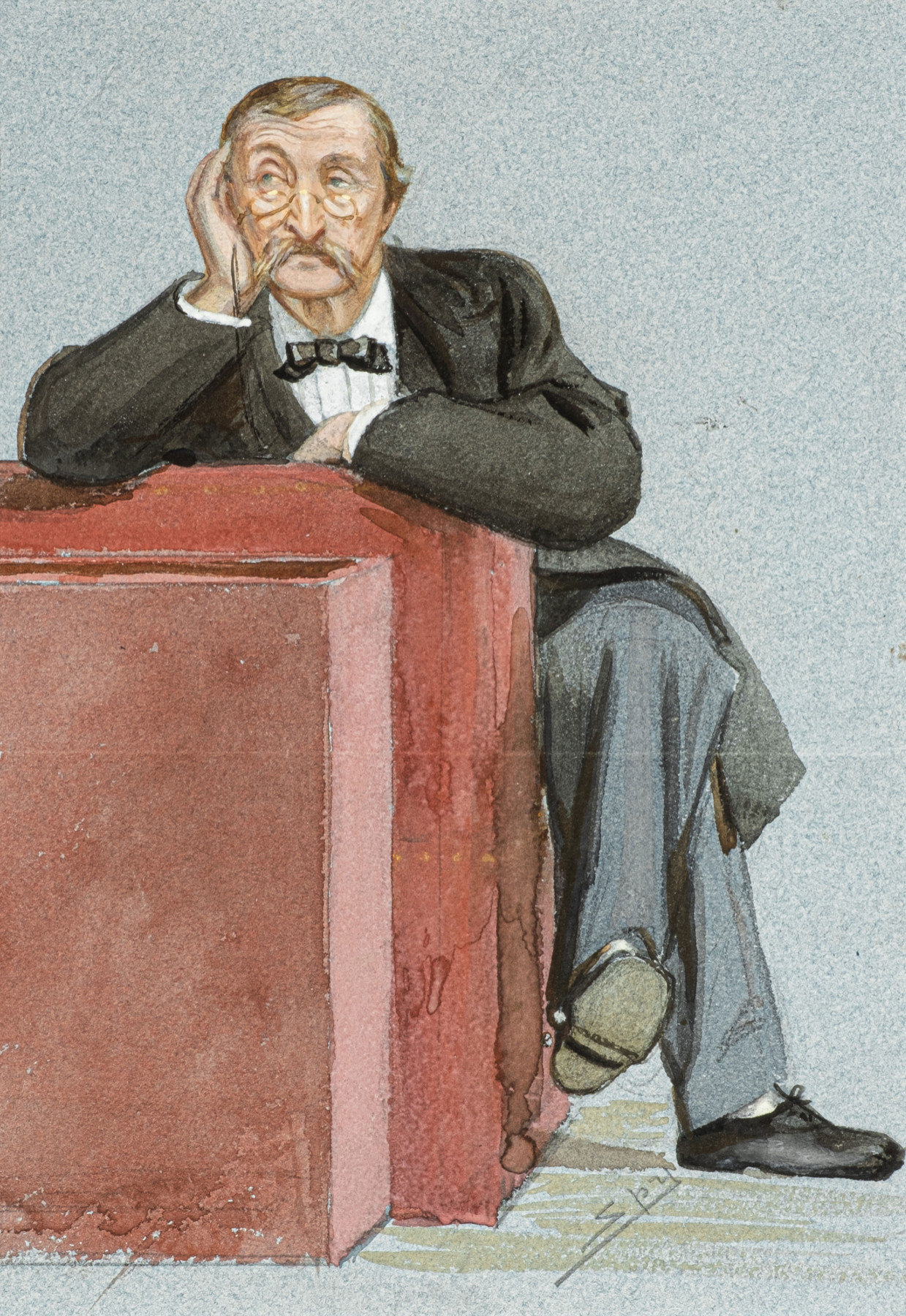
(click image to enlarge)
Henry Stanley, 3rd Baron Stanley of Alderley (1827,-1903), was a historian specialising in European exploration and expansion of the sixteenth century. He was Vice-President of the Hakluyt Society, which published his editions and translations, including Ferdinand Magellan’s The First Voyage Round the World (1874).
Fascinated by all things oriental from a young age, Stanley showed an interest in Arabic while at Eton and – as a confident linguist – began to read it at Cambridge. Leaving university after a year, he became précis writer to Lord Palmerston, the foreign secretary, and worked in various positions in the diplomatic service for over a decade. In 1859, he left the service in order to travel in the Near East and Asia, and reached as far as Indonesia. It was also rumoured that he visited Mecca in order to convert to Islam. Continuing to travel through the 1860s, he made a secret Islamic marriage in 1862, to a Spanish woman, Fabia Fernandez Funes. (They underwent further marriage ceremonies at the register office at St George, Hanover Square, in 1869, and at St Alban’s Roman Catholic Church, Macclesfield, in 1874. Only after her death in 1905 was it discovered that Fabia was a bigamist, who had already married in 1851, and whose husband did not die until 1870.)
In 1869, Stanley succeeded his father as the 3rd Baron Alderley and took his place in the House of Lords. However, while intending to announce his conversion to Islam, he seems not to have done so and, despite speaking on questions relating to religion and to India, failed to impress his fellow peers.
As a result of his Muslim principles, he closed the public houses on his Cheshire estate, and ensured that churches built or restored on his land, such as that at Llanbadrig, Anglesey, used exclusively geometrical glass. He was also buried according to Muslim rites.
His nephew, Bertrand Russell, described him as ‘definitely stupid’, but Muriel E Chamberlain, writing in the Oxford Dictionary of National Biography, has countered that he was ‘brilliant, eccentric, and unstable’ (Matthew and Harrison 2004, vol 52, page 214).